Search
Search Results
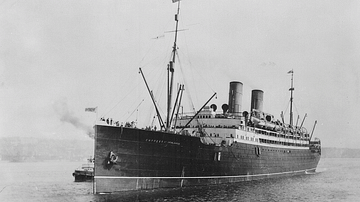
Definition
RMS Empress of Ireland
The RMS Empress of Ireland was a transatlantic passenger ship that sank early in the morning of 29 May 1914 on the St. Lawrence River killing 1,012 of the 1,477 people on board. It is considered Canada’s worst maritime disaster and one of...
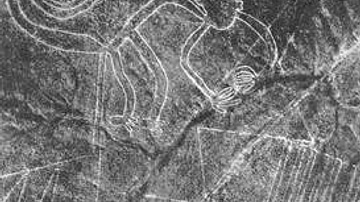
Image
Nazca Line Monkey
Aerial photograph taken in 1953 CE by Maria Reiche (1903 - 1998 CE). Maria Reiche was a German-born Peruvian mathematician and archaeologist who is known for her research on the Nazca Lines in Peru. The photo shows a geoglyph of a monkey...
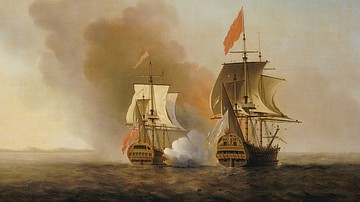
Definition
Galleon
The galleon (Spanish: galeón, French: galion) was a type of sailing ship used for both cargo carrying and as a warship. Galleons dominated the seas in the second half of the 16th century, and with their lower superstructures, they were much...

Article
Who's Who in a Pirate Crew
It was all very well pocketing other people’s valuables and roistering at rum parties, but life on a pirate ship involved a surprising amount of hard work. Pirates were first and foremost sailors and in the Golden Age of Piracy (1690-1730...
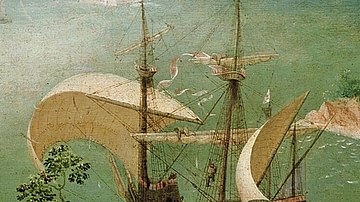
Definition
Carrack
The carrack (nao in Spanish, nau in Portuguese, and nef in French) was a type of large sailing vessel used for exploration, to carry cargo and as a warship in the 15th and 16th centuries. Famous carracks include the Santa Maria of Christopher...
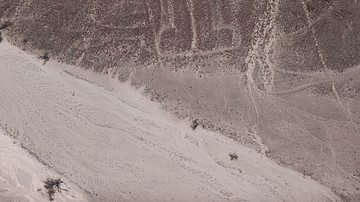
Image
Nazca Line Human Figure
A Nazca geoglyph depicting a human figure. The designs and lines created on the desert floor of southern Peru are known collectively as the 'Nazca Lines' and were made over several centuries between 200 BCE and 500 CE. Their exact purpose...
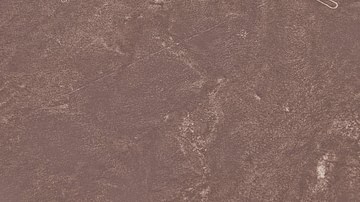
Image
Nazca Line Hummingbird
A Nazca geoglyph depicting a hummingbird. The designs and lines created on the desert floor of southern Peru are known collectively as the 'Nazca Lines' and were made over several centuries between 200 BCE and 500 CE. Their exact purpose...
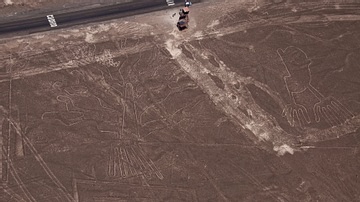
Image
Nazca Line Cactus
A Nazca geoglyph depicting a cactus. The designs and lines created on the desert floor of southern Peru are known collectively as the 'Nazca Lines' and were made over several centuries between 200 BCE and 500 CE. Their exact purpose is not...
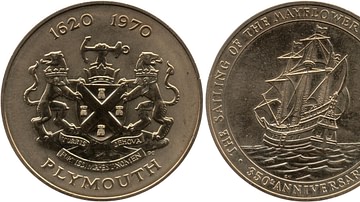
Definition
Christopher Jones, Captain of the Mayflower
Christopher Jones (l. c. 1570-1622 CE) was the English captain and quarter-owner of the Mayflower, the cargo ship that brought the religious separatists (now known as pilgrims) to the New World in 1620 CE. Little is known of Jones' life prior...
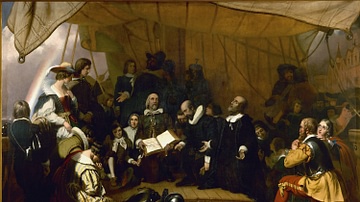
Article
The Loss of the Speedwell & Foundation of Democracy
The Speedwell was the English passenger ship which was supposed to carry the Leiden congregation (later known as pilgrims) to the New World in 1620 CE accompanied by the cargo ship Mayflower. The Speedwell was 43 years old at the time and...